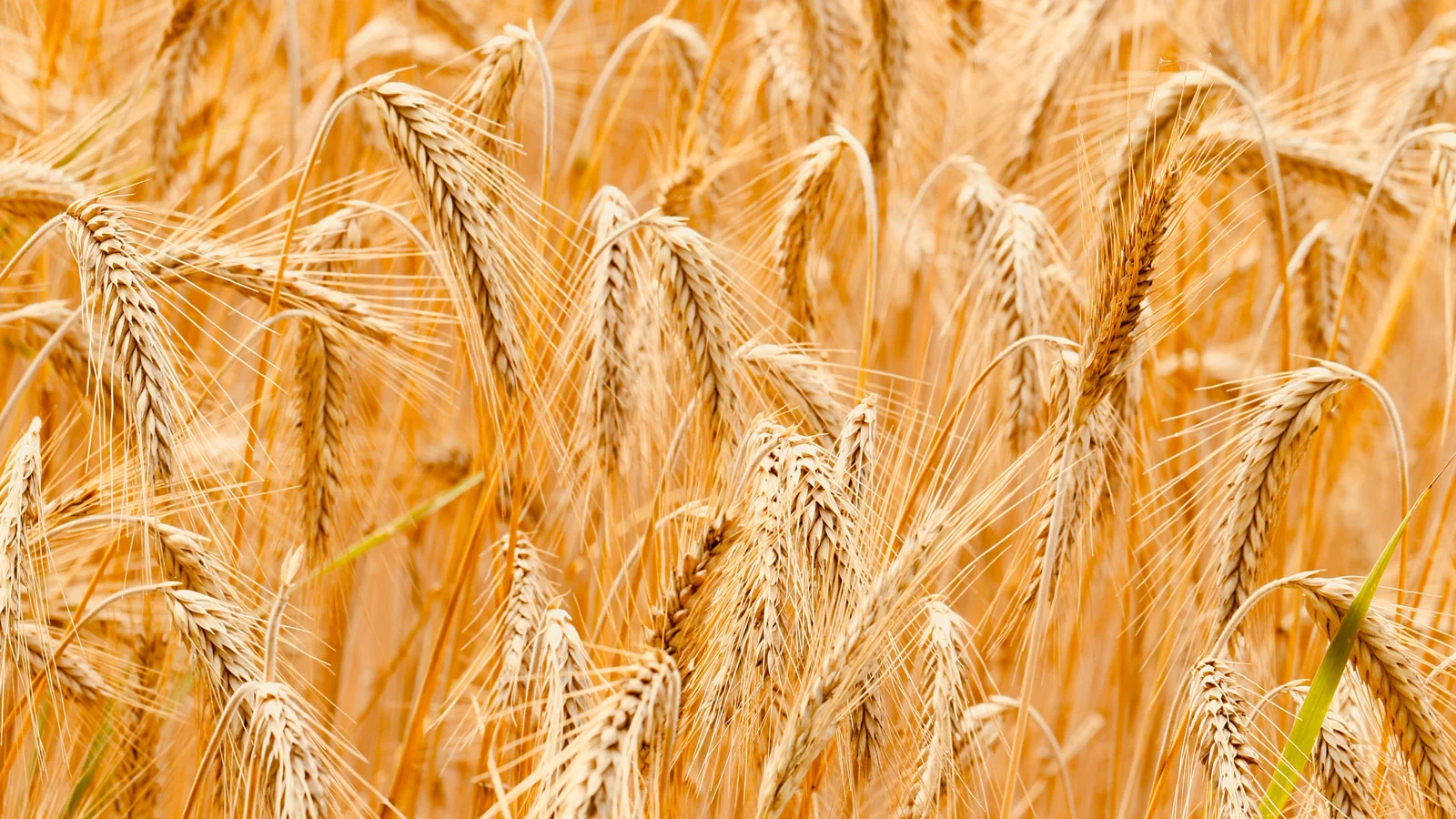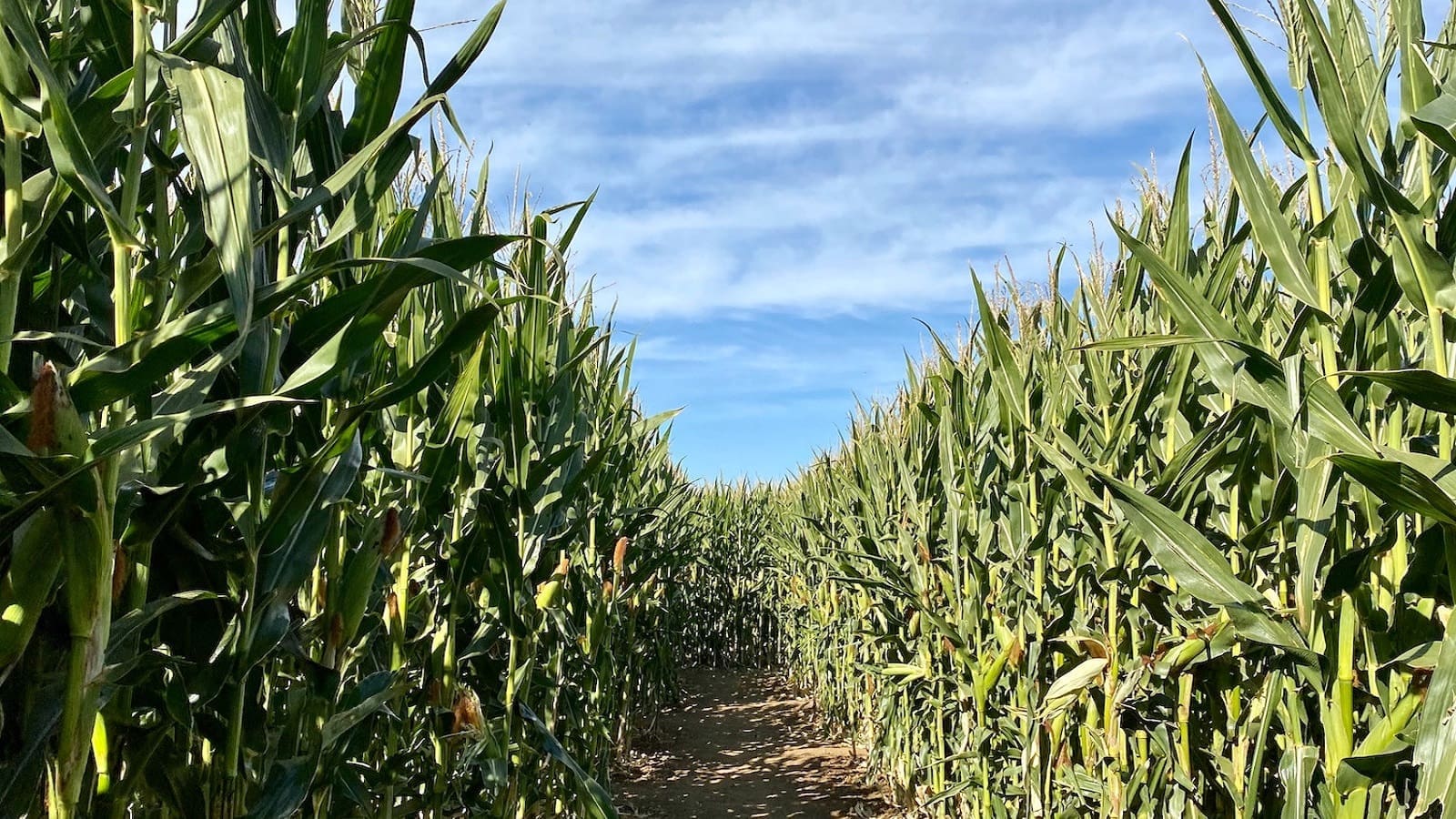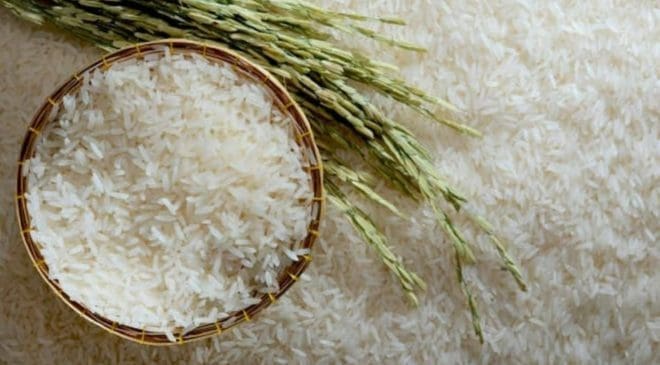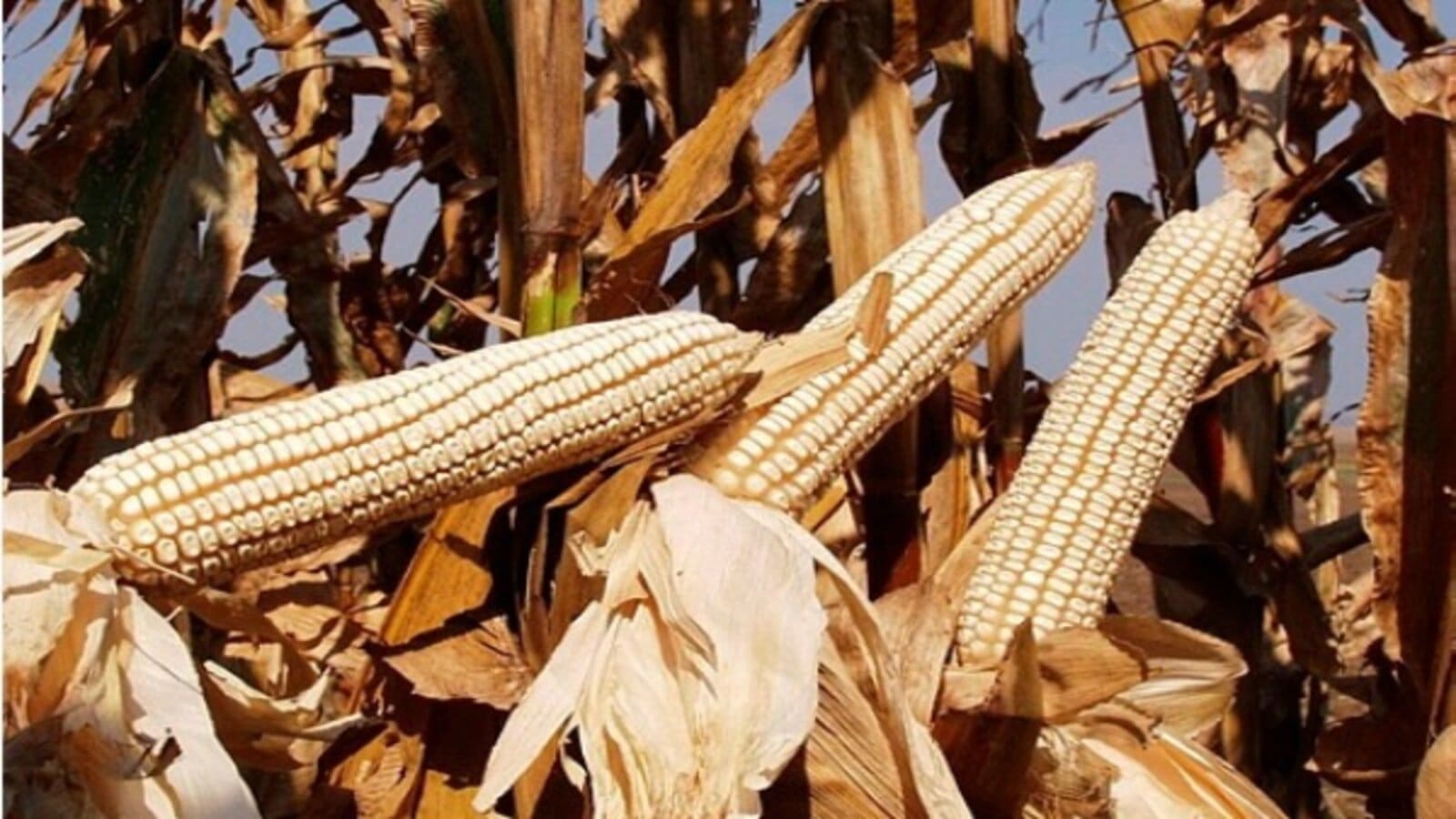ETHIOPIA – It’s yet another bumper season for farmers in Ethiopia with the country expected to harvest about 40 million quintals (4 million tonnes) of wheat during the ongoing harvesting season, according to Prime Minster Abiy Ahmed.
The Prime Minister revealed this during the 11th regular session of the House of People’s Representatives, where he went ahead to reveal that over a million hectares of land were covered by wheat seed.
With production exceeding demand for the first time in decades, the Prime Minister noted that the bumper harvest has not only halted wheat imports revealing but also left enough surplus for export.
The announcement follows the recent declaration by the Ministry of Agriculture, that the country has achieved wheat self-sufficiency after harvesting over 110 million quintals (11 million tonnes) of the crop during the first six months of the fiscal year
According to the Ministry, the milestone followed the country’s recent aggressiveness in raising wheat production in a bid to wean itself from exports, which were increasingly becoming unreliable
In particular, the ministry revealed that cluster farming and subsidized fertilizer have boosted production to meet the annual wheat demand in the Ethiopian market which is about 97 million quintals (9.7 million tonnes)
In addition to achieving wheat self-sufficiency, last month, Prime minister Abiy presided over the national wheat export launch program in Bale Zone, Oromia region as the country marked its first step in making the wheat export dream a reality.
Consequently, The Food and Agriculture Organization donated 2.5 Million Birr (US$ 50,000) to Ethiopian Commodity Exchange (ECX) in support of the initiative to incorporate wheat into the contemporary trading system to boost export.
Implementation of DAEAS’ roadmap launched
Meanwhile, the National Digital Agricultural Extension and Advisory Service (DAEAS) Roadmap 2030, an initiative with the aim to improve farmers’ life, has formally launched the implementation of its roadmap.
The DAEAS roadmap was developed to improve smallholder productivity, increase incomes, and enhance the livelihoods of smallholder farmers through cost-effective and targeted extension and advisory services by using digital systems
The announcement was made during the DAEAS stakeholders forum whose objective was to bring together key stakeholders in the digital agricultural ecosystem to promote collaboration coordination and learning.
In attendance were high-level federal and regional government officials, representatives of development partners, NGOs, and private enterprises.
Agriculture State Minister Melese Mekonnen noted that the roadmap has been developed using a constructive and iterative approach. “It is about empowering and enabling farmers by using digital systems”.
For all the latest grains industry news from Africa, the Middle East and the World, subscribe to our weekly NEWSLETTERS, follow us on LinkedIn and subscribe to our YouTube channel.










